 The following opportunities have been announced. Please follow the links for more information:
The following opportunities have been announced. Please follow the links for more information:
The BBSRC, the Technology Strategy Board and the EPSRC are to invest £45m in major integrated research and development projects through the Industrial Biotechnology Catalyst. Catalysts provide funding to innovative businesses and researchers working in priority areas with the aim of helping them to quickly turn excellent UK research into new or improved commercial processes and products. There are five types of award – early stage: translation; early stage: feasibility studies; industrial research; late stage: pre-experimental feasibility studies; and late stage: experimental development – and, with the exception of translation awards which are academic, can involve a single business or be collaborative. Total project sizes can range from up to £250k for feasibility studies to up to £10m for experimental development. Please note that there are different closing dates for each type of award.
The ELRHA‘s Research for Health in Humanitarian Crises (R2HC) programme aims to improve health outcomes by strengthening the evidence base for public health interventions in humanitarian crises. The programme is the product of a strategic partnership between the Department for International Development (DFID) and the Wellcome Trust, with ELRHA overseeing the programme’s execution and management. R2HC’s second call for Expressions of Interests is now open, and will close on 10/07/14.
The Leverhulme Trust Visiting Professorships are awarded to UK institutions that wish to invite an eminent researcher from overseas to enhance the knowledge and skills of academic staff or the student body within the host institution. The scheme covers maintenance, travel expenses and research costs. Visiting Professorships last for between three and twelve months. The closing date for applications is 4pm on 09/10/14.
As part of the International Exchanges scheme, the Royal Society now offers additional funding through its Kan Tong Po Fellowships. This support has been made possible through the generosity of the family of the late Mr Kan Tong Po. The purpose of this scheme is to contribute at the highest level of scientific research and education at the University of Hong Kong, Chinese University of Hong Kong, the Hong Kong Polytechnic University, the City University of Hong Kong and the Hong Kong University of Science and Technology, by awarding Visiting Fellowships each year to UK or US based scientists to collaborate with a Hong Kong based academic, or for Hong Kong based scientists to collaborate with an academic based in either the UK or US. The scheme covers all areas of the life and physical sciences, including engineering, but excluding clinical medicine. Closing date 01/07/14.
The Technology Strategy Board, along with the Department for Environment, Food and Rural Affairs (Defra), Invest Northern Ireland, the Scottish Funding Council and the Welsh Government, are to invest jointly up to £2.3m to establish Knowledge Transfer Partnerships (KTPs) to improve the competitiveness, resilience and responsiveness of the agri-food supply chain. The aim of this initiative is to give businesses access to the UK knowledge base so that they can develop innovative solutions to global challenges facing the agri-food sector. We are looking to support up to 25 KTPs through this competition. Its scope spans primary production, including aquaculture, through to retail. This competition will provide new opportunities for open innovation and knowledge exchange across supply chains and sectors. It will help companies to mitigate commercial risk and improve business performance – and to achieve growth as a result. The funders will also consider co-funding KTPs on an individual basis. The call closes on 11/02/15.
The Wellcome Trust invites applications for their Clinical PhD Programmes. Successful candidates will develop their potential to become academic clinicians within a structured and mentored training environment. Programmes will provide the individual trainee with opportunities to sample high-quality research environments before they develop a research proposal that is tailored to their individual interests. Please go to the website for specific programmes and their closing dates.
The Wellcome Trust Seeding Drug Discovery scheme aims to develop drug-like, small molecules that will be the springboard for further research and development by the biotechnology and pharmaceutical industry in areas of unmet medical need. A two-point entry system has been introduced to enable projects at an earlier stage in development to be competitive for funding as well as to progress later-stage projects further towards clinical trials. The deadline for the preliminary application is 05/11/14 with the full proposal by invitation in May 2015.
Please note that some funders specify a time for submission as well as a date. Please confirm this with your RKE Support Officer.
You can set up your own personalised alerts on ResearchProfessional. If you need help setting these up, just ask your School’s RKE Officer in RKE Operations or see the recent post on this topic, which includes forthcoming training dates up to November 2014.
If thinking of applying, why not add notification of your interest on ResearchProfessional’s record of the bid so that BU colleagues can see your intention to bid and contact you to collaborate.

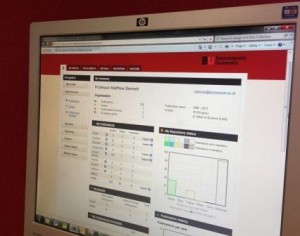
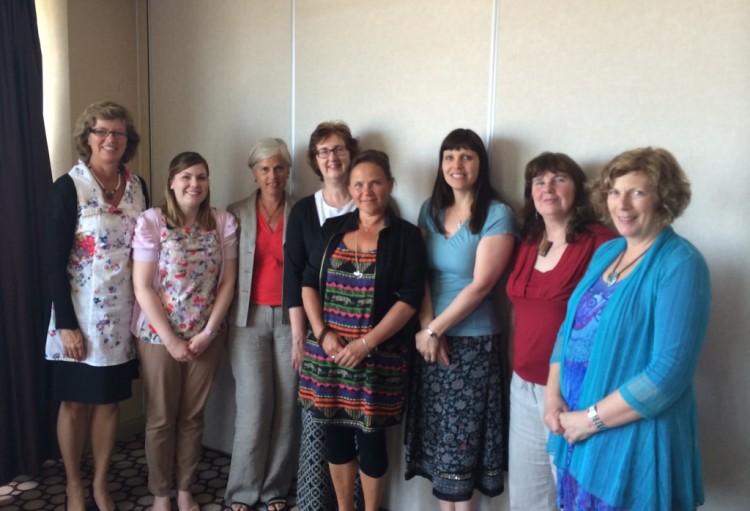


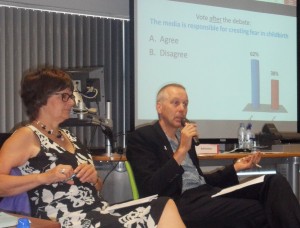


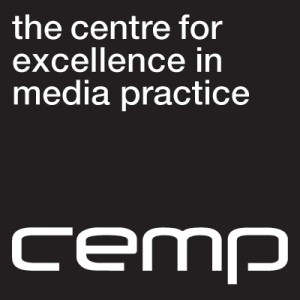



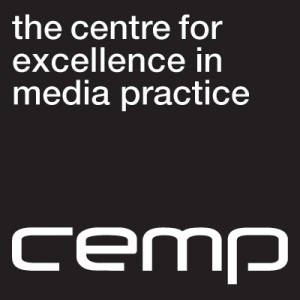














 New CMWH paper on maternity care
New CMWH paper on maternity care From Sustainable Research to Sustainable Research Lives: Reflections from the SPROUT Network Event
From Sustainable Research to Sustainable Research Lives: Reflections from the SPROUT Network Event REF Code of Practice consultation is open!
REF Code of Practice consultation is open! ECR Funding Open Call: Research Culture & Community Grant – Apply now
ECR Funding Open Call: Research Culture & Community Grant – Apply now ECR Funding Open Call: Research Culture & Community Grant – Application Deadline Friday 12 December
ECR Funding Open Call: Research Culture & Community Grant – Application Deadline Friday 12 December MSCA Postdoctoral Fellowships 2025 Call
MSCA Postdoctoral Fellowships 2025 Call ERC Advanced Grant 2025 Webinar
ERC Advanced Grant 2025 Webinar Update on UKRO services
Update on UKRO services European research project exploring use of ‘virtual twins’ to better manage metabolic associated fatty liver disease
European research project exploring use of ‘virtual twins’ to better manage metabolic associated fatty liver disease